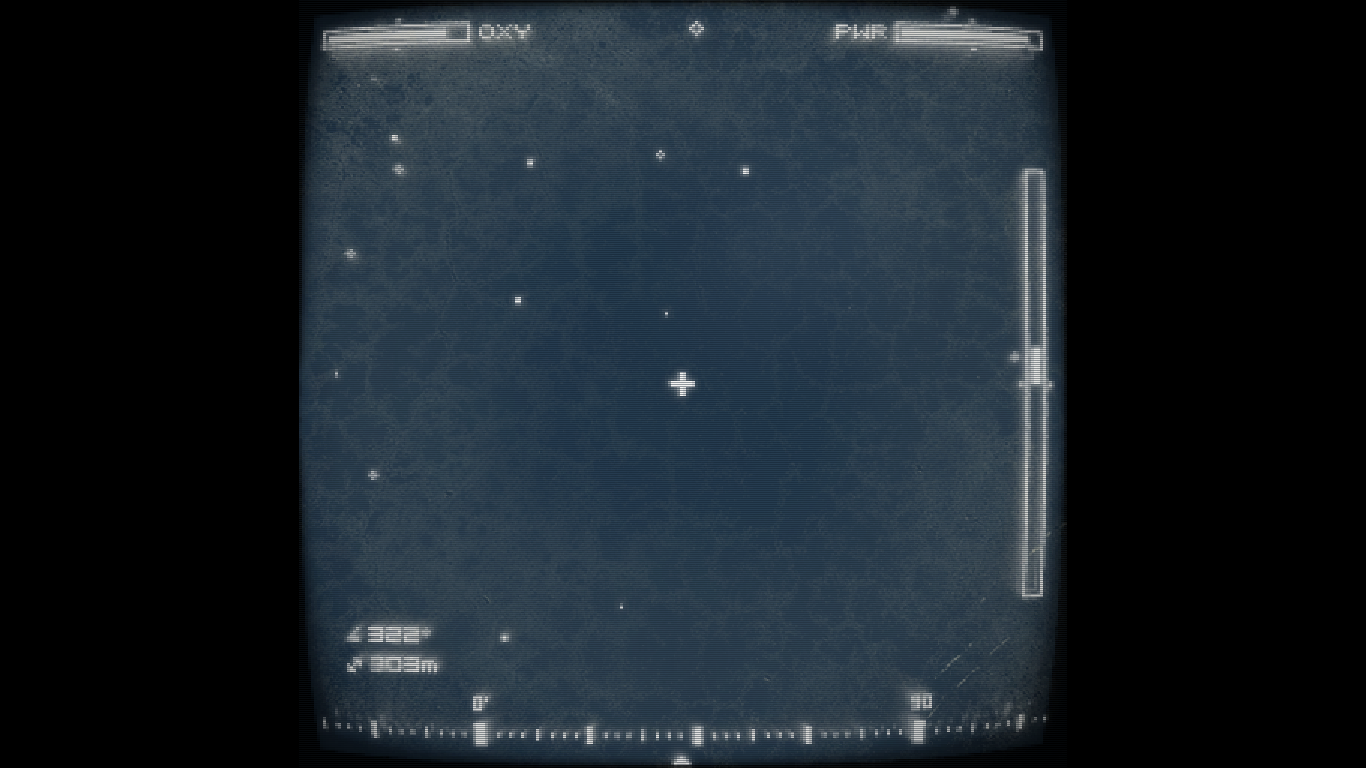Memorable Videogame Experiences in 2014
Hitman Go – Such a pleasant surprise. Elegant, tight and cohesive. Sometimes a game’s presentation is part of the pleasure, which is certainly true here.
Sir, You Are Being Hunted – Humor, atmosphere, and taut moments of evasion. As a player, you might secure a moment’s rest, but then you’re imperiled again (by aristocratic British robots, no less). Just hearing the music gives me chills.
Diablo 3: Reaper of Souls – What a recovery from the game’s initial launch. Revised tuning, new modes, and everything I love about the pace and tactical twists of that game, racing along together in co-op.
Queers in Love at the End of the World – Powerful in concept and execution, everyone should play this ultra-short, but tender and apocalyptic text adventure game. It still haunts me after playing through it off and on since release.
Monument Valley – I’m not the biggest nostalgia retro videogame person to be honest; my formative games were not the classic Nintendo titles that seem to drive so much indie game art and mechanics. So while I look cautiously toward games like this, Monument Valley pivoted my expectations and won me over with charm. The art style and the fixed camera, composition-driven perspective instantly re-frame my mind, taking me to a dreamy place beyond reality, a place with class, for lack of a better way to put it. The M. C. Eschereque puzzles are interesting and well paced, ramping up from an almost nurturing starting difficulty. Bravo all around.
Desert Golfing – Not normally my type of experience, but the minimal aesthetic and physics-driven gameplay are truly standout. I still don’t know if the levels/holes are fully procedural, but I have played nearly 1000 holes (with a 2.8 par, I think), and I admire the game so much for what it does.
The Talos Principle – As others have said, the game elevates itself through the great integration of themed narrative. The philosophical ground is mostly familiar, but solidly built and relevant. The way it’s interwoven with the navigation of the game is a lesson for all of us making games with story and characters. That doesn’t even touch on the brilliant puzzle design, which is supported by a set of interesting, consistent game mechanics that often feel like they enable improvisation. Puzzle games normally frustrate me, and the Talos Principle instead – even at its hardest – feels like it’s expanding my mind through epiphany. It’s emotionally moving with well-engineered interactivity.
Honorable Mention
State of Decay – Technically released in 2013, but I played it late in the year and into 2014. (Plus, the DLC kept me going through parts of last year.) Noteworthy on a personal level, despite “zombies, apocalypse,” because of the desperate improv moments it gave me, combining tools and tactics to pull something off. Also, I just want more games that mix home-building and home management with action.
Mountain – When you’re in the right state of mind, this can be really reflective. It’s a boundary-pushing take on what interactive media can deliver.
Luxuria Superbia – This is another late 2013 entry, but I played it during 2014. I’d always kind of laughed off the idea of a videogame that could evenly partially capture sex, which I perceive as more full-bodied, multi-sensory, and deeply related to all the personal psychology firing off during the act. But Cara Ellison‘s critical writing on the subject sent me looking for this game. Playing it with (or for) someone else is a breakthrough experience in terms of what games can evoke, parallel to flirting and touching.
—-
It was another interesting year for game criticism too. As usual, Critical Distance is a treasure trove of thought, summing up the year better than I ever could.


